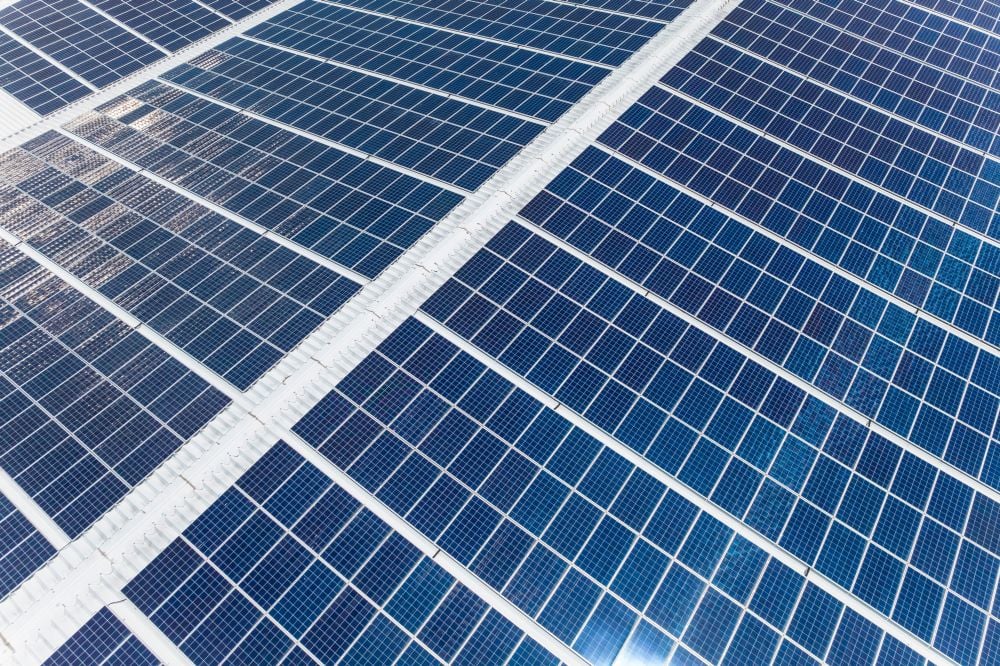Hong Kong’s chief executive Carrie Lam says the SAR’s government will devote about US$240 billion to take forward various measures on climate-change mitigation and adaptation over the next 15 to 20 years, and foster a low-carbon lifestyle that includes green buildings, electric vehicles and the phasing out of the use of coal for daily electricity generation.
“Substantial resources from the private sector will also be necessary to achieve low-carbon transformation,” says Lam during her Chief Executive’s 2021 Policy Address to the territory’s Legislative Council. “Green economy transformation has become a world trend. As an international financial centre with a huge financial market and a robust world class regulatory framework, Hong Kong draws in world leading financial and professional institutions, green assessment and certification organizations, as well as international investors.
“With these capabilities and advantages, we are well placed to develop our city into the regional green finance hub. By serving as a premier financing platform for green enterprises and projects, we have a significant role to play in addressing climate change. As carbon dioxide is the major culprit in climate change, our country and many parts of the world have pledged to draw up timetables and roadmaps for decarbonization. Hong Kong is no exception. As announced in my policy address last year, Hong Kong will strive to achieve carbon neutrality before 2050. The Steering Committee on Climate Change and Carbon Neutrality chaired by me will formulate the overall strategy and oversee the coordination of various actions.
“The Hong Kong Climate Action Plan 2050, to be announced shortly by the secretary for the environment, will set out more proactive strategies and measures on reducing carbon emissions to attain carbon neutrality, and will pursue more vigorous interim decarbonization targets to reduce Hong Kong’s carbon emissions by 50% before 2035 as compared to the 2005 level. To oversee the effective implementation of all these actions, the ENB [Environment Bureau] will set up the Office of Climate Change and Carbon Neutrality to strengthen coordination and promote deep decarbonization. Also, a dedicated advisory committee will be formed to offer advice and promote active participation of major stakeholders, including young people.”
About two-thirds of Hong Kong’s greenhouse gas (GHG) emissions come from electricity generation, followed by 18% from the transport sector, and 7% from waste. “Our decarbonization efforts must target these three sources, with net-zero carbon emissions for electricity generation, zero carbon emissions from the transport sector, and carbon-neutral waste management as the ultimate goals," Lam shares. “To achieve net-zero carbon emissions for electricity generation before 2050, we must first change the fuel mix of local power plants. Our interim target is to cease using coal for daily electricity generation by 2035.”
This is not a remote target as the share of coal has already been reduced to less than one quarter in the fuel mix for electricity generation, Lam notes. “Power companies must continue to phase down coal-fired generation units and replace the use of coal with other alternatives such as natural gas and renewable energy for electricity generation,” she adds. “The government will grapple with Hong Kong’s geographical and environmental constraints in driving the development of renewable energy, and strive to increase its share in the fuel mix for electricity generation through facilitating local projects, regional collaboration and joint ventures, etc.”
Another strategy to achieve net-zero carbon emissions for electricity generation is to reduce energy demand, Lam points out. At present, buildings in Hong Kong account for 90% of the electricity consumption in Hong Kong. Promoting green buildings, improving energy efficiency of buildings and stepping up efforts to lead a low-carbon lifestyle will reduce the demand for power consumption and generation, and lessen the financial burden on the public due to the increased use of clean fuels for electricity generation.
“Our goal is to reduce the electricity consumption of commercial buildings by 30% to 40% and that of residential buildings by 20% to 30% from the 2015 level by 2050,” Lam notes. “We hope to achieve half of the above targets by 2035.”
The development of green transport helps improve air quality and is vital to achieving zero carbon emissions in the transport sector. Earlier this year, the Hong Kong government announced the Hong Kong Roadmap on Popularisation of Electric Vehicles to put forward various measures, including ceasing new registration of fuel propelled and hybrid private cars in 2035 or earlier, and strategies and targets for the installing of charging facilities.
“We will proactively promote the development of electric and other new energy public transport and commercial vehicles, including working with franchised bus companies to conduct trials of hydrogen fuel cell buses, with a view to formulating a specific roadmap and timetable for the use of new energy public transport in 2025,” Lam says.
“As for carbon emissions from waste,” the chief executive adds, “we will step up our efforts in mobilizing the entire community to practise waste reduction, developing waste to energy facilities and supporting the circular economy in accordance with the Waste Blueprint for Hong Kong 2035 unveiled by the government early this year.”









